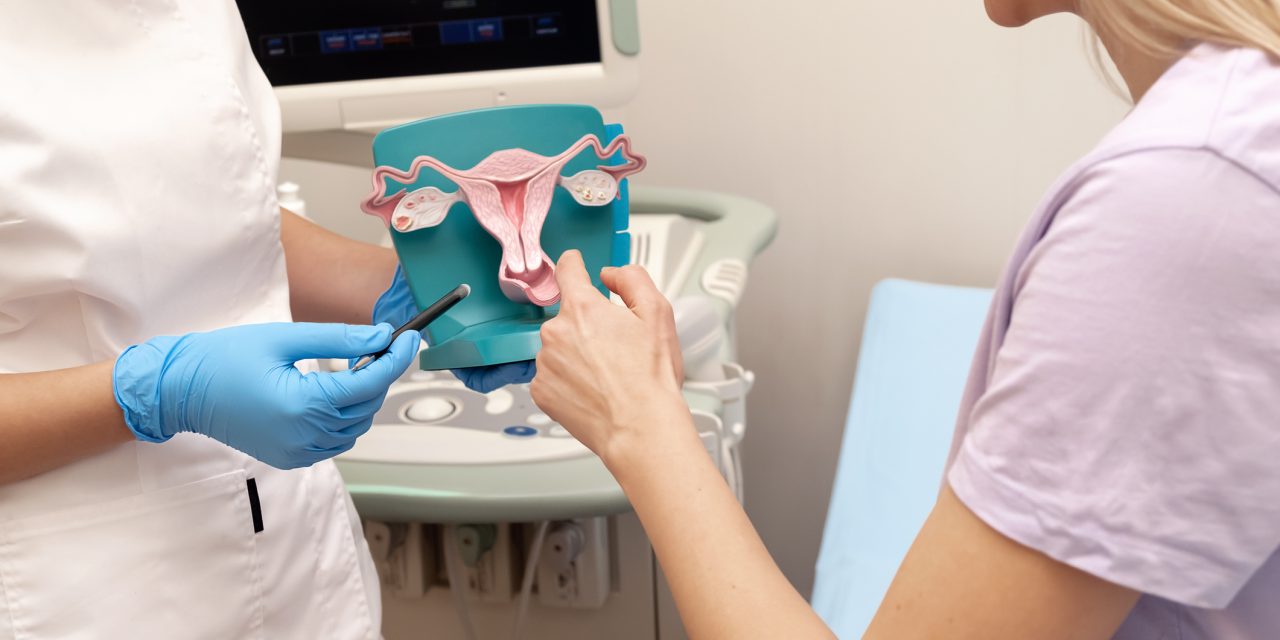Early and prompt diagnosis of pyelonephritis is of great importance in children. The aim of this study is to evaluate the diagnostic accuracy of urinary carbohydrate antigen 19-9 (CA19-9) levels for predicting acute pyelonephritis (APN) in children with urinary tract infection (UTI). Patients were allocated into two groups of APN and acute cystitis according to their diagnosis. Urine samples of all patients were collected. Also, complete history was taken, and physical examination, kidney and bladder ultrasonography, Tc-dimercaptosuccinic acid renal cortical scintigraphy, and urine analysis and culture were performed. Urinary CA19-9 was measured by an electrochemiluminescence enzyme immunometric kit. In addition, CA19-9 levels were measured in the APN group 2 weeks and 3 months later. A total of 100 children were included in this study (mean age 46 ± 31 months, 16 males and 84 females). CA19-9 levels were significantly greater in the APN group than acute cystitis group (510 ± 328 vs. 18.7 ± 18.6 U/ml, P < 0.001). During follow-up periods of the APN group, CA19-9 levels decreased to 180 ± 124 U/ml after 2 weeks (P < 0.001) and 30 ± 23 U/ml after 3 months (P < 0.001). Urinary CA-19-9 had 95.3% sensitivity and 80% specificity for the diagnosis of APN. The area under the curve value of CA19-9 was 0.904 (95% CI 0.831-0.977).Conclusion: Urinary CA19-9 level can be used as a reliable biomarker for early detection of APN prior to urine culture confirmation in children with UTI.What is known:• Early and prompt diagnosis of pyelonephritis is necessary in children to prevent renal damage.• Acute pyelonephritis can present with vague and nonspecific symptoms in infants and children.What is new:• Urinary carbohydrate antigen 19-9 is a reliable biomarker for early detection of acute pyelonephritis prior to urine culture confirmation.• Urinary carbohydrate antigen 19-9 has 95.3% sensitivity and 80% specificity for diagnosis of acute pyelonephritis.
Urinary carbohydrate antigen 19-9 level as a biomarker in children with acute pyelonephritis.


